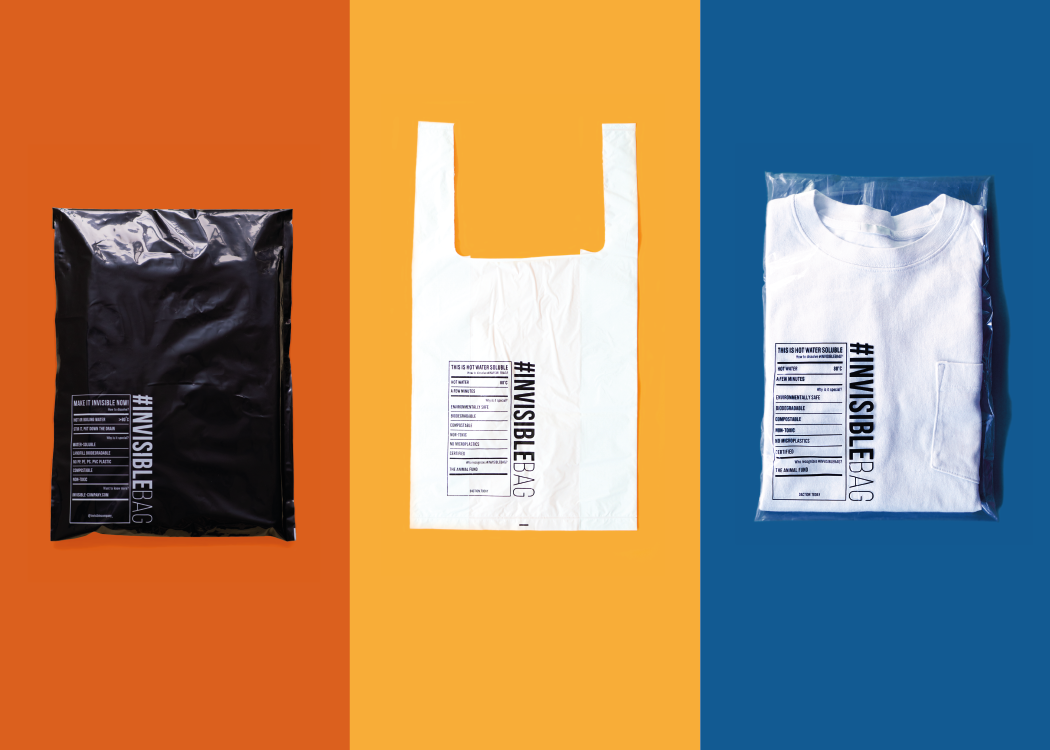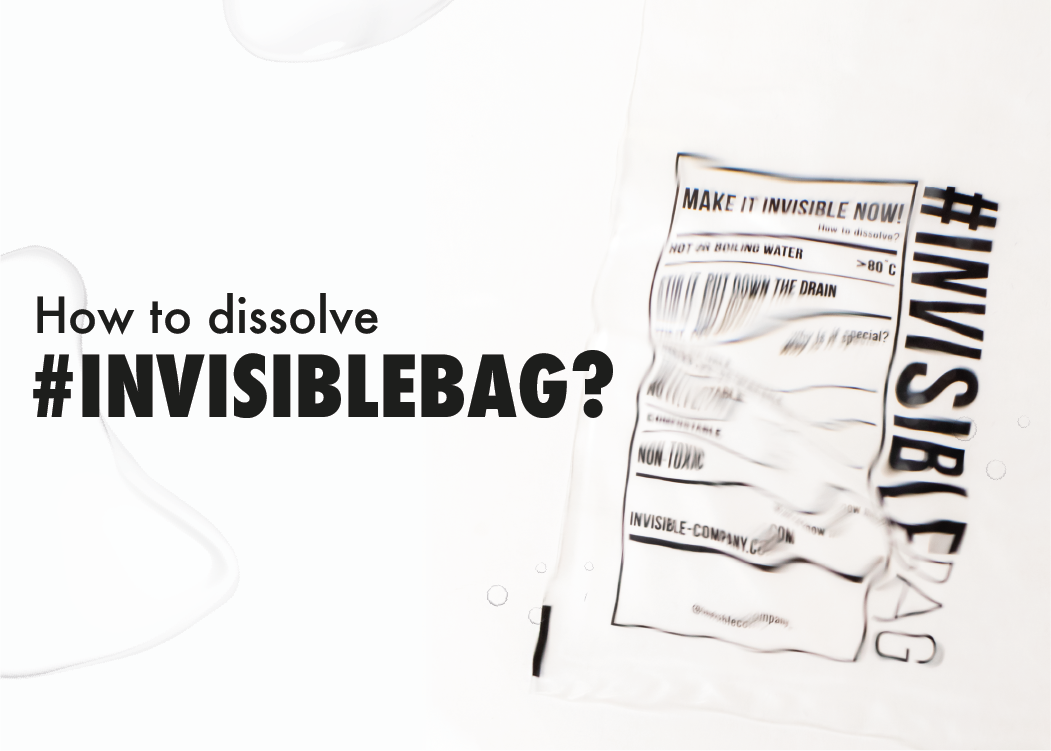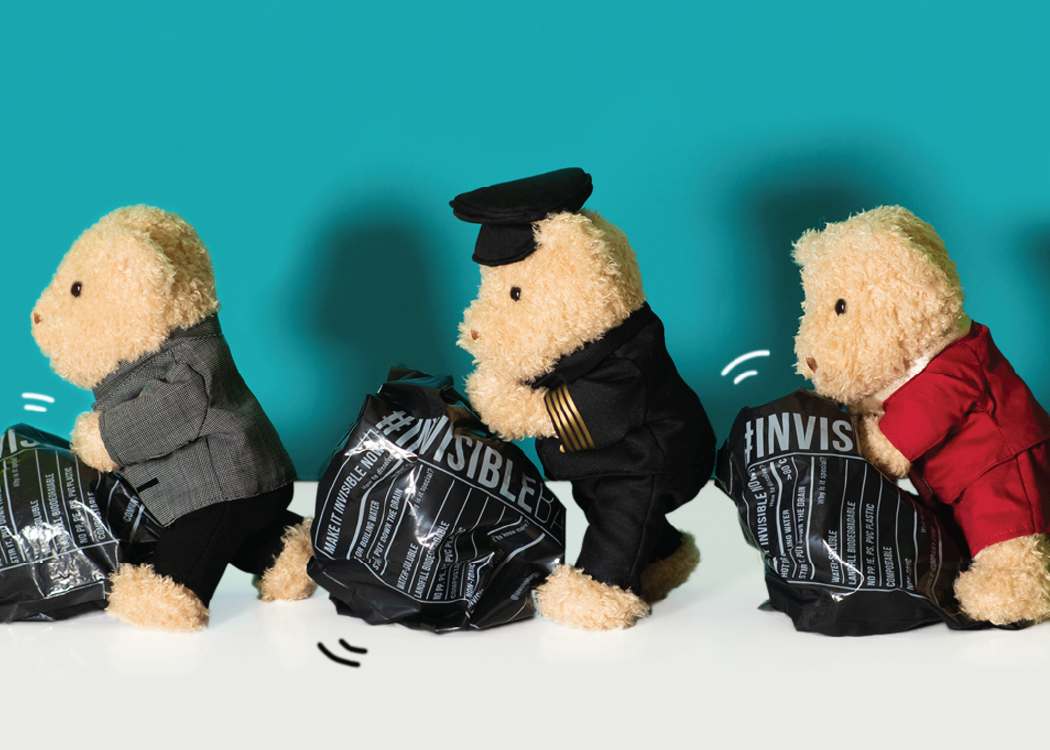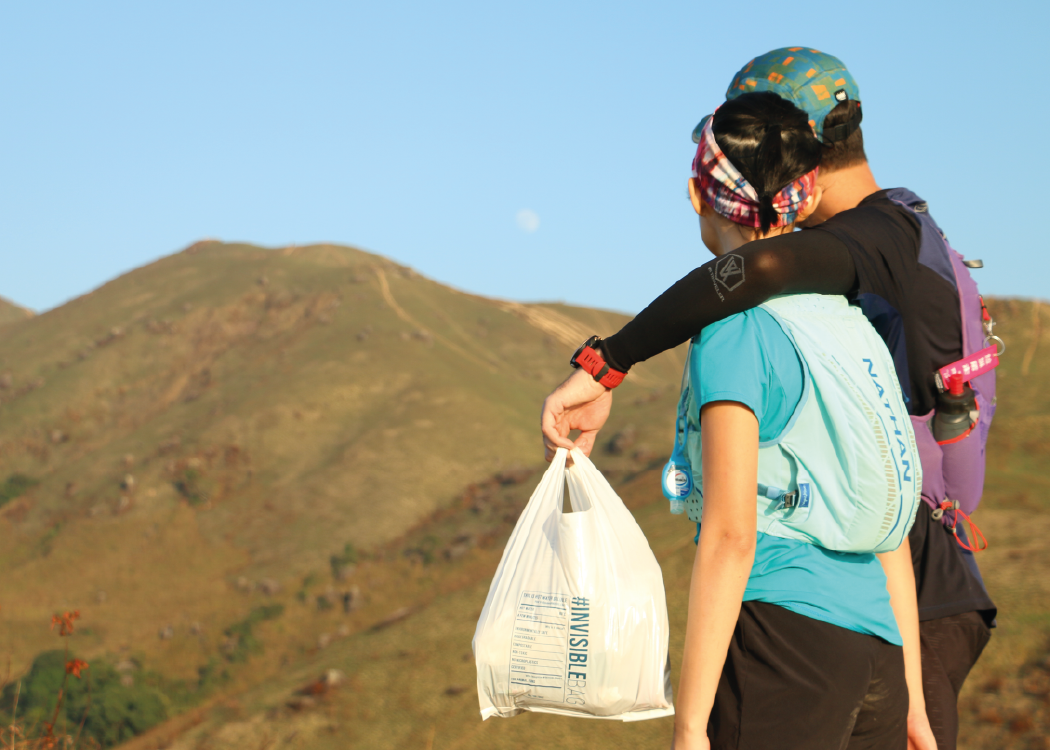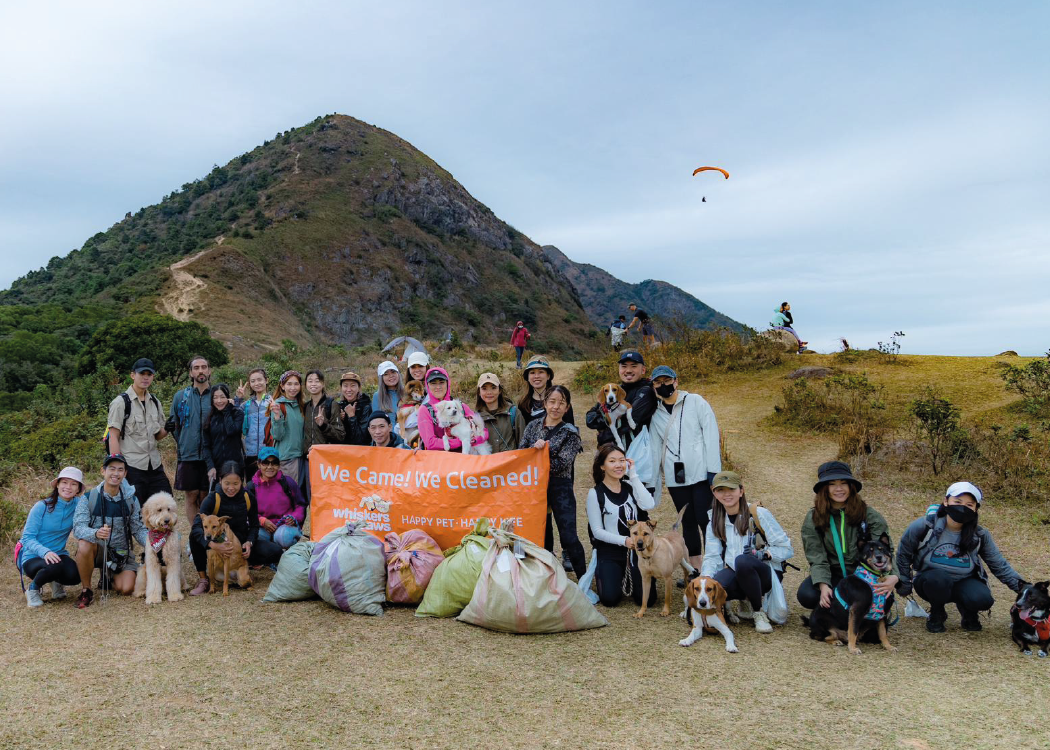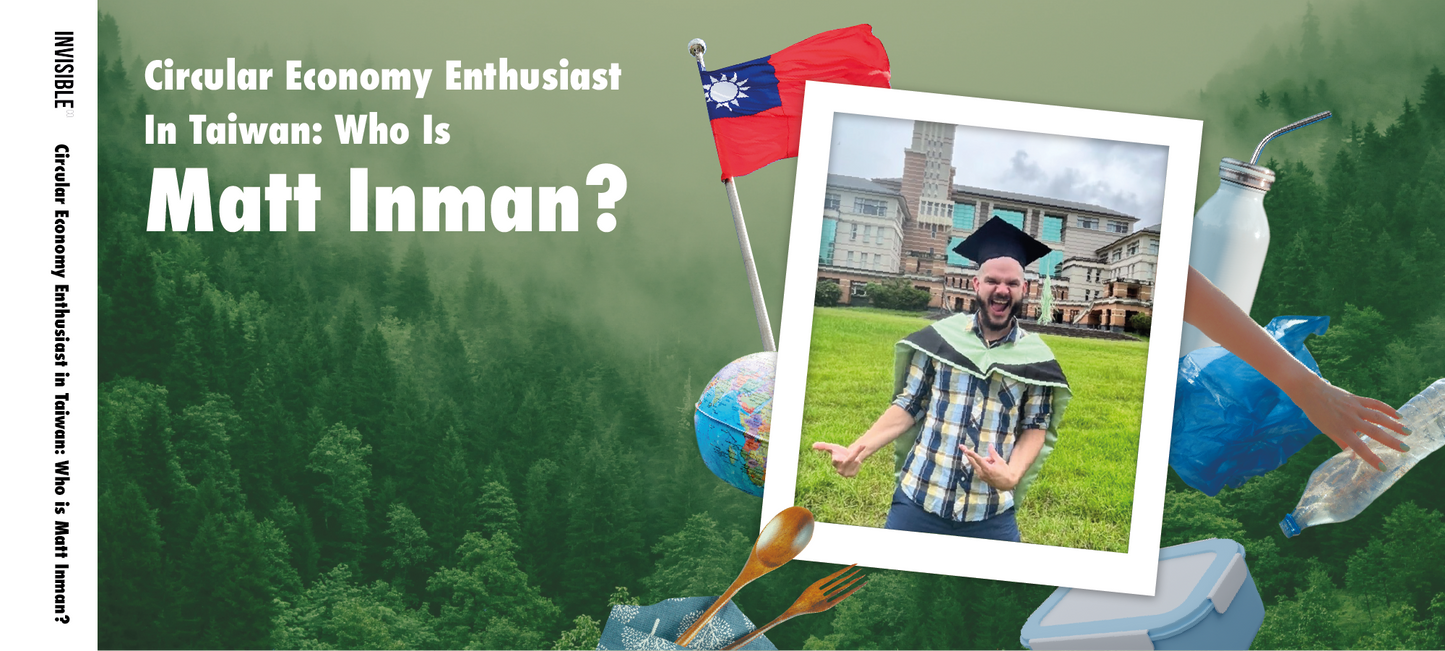
A circular economy is getting more familiar with people and the #INVISIBLE team has met Matt Inman, a circular economy enthusiast in Taiwan, and an environment master and ambassador of Power To Change Taiwan. In this interview, we get to know more about his sustainable journey and his experience in promoting sustainability in Taiwan across local schools. And everyone could make a change to start small, and become an ‘earth doctor’.
“How did you begin and start to become an Eco journeyman?”
I remember that when I was a teen, I was really meticulous and careful with recycling. I’m not sure where that came from since none of my family or friends cared nearly as much as me. In fact, I guess that’s where I first became a sort of ‘activist’!
Around the same time as this recycling passion was bubbling up for me, I began learning about the philosophy of minimalism. Minimalism immediately resonated with me because I had for a long time felt a kind of subconscious uneasiness with the insane amount of ‘stuff’ surrounding us, always available for purchase even though we hardly ever use so much of it. I quickly got rid of a ton of my stuff, including keepsakes I had had for a long time.
On the contrary, having all of that was suffocating. Letting it all go allowed me to really breathe and that was a game-changer for me. I was learning that so many of us live that way - so many possessions are placeholders for life’s real ‘stuff’. That’s not to say that possessions can’t bring us real joy. They definitely can. It’s just that many of them are owned by us for the sake of owning stuff.
It wasn’t until later on that I acquired the knowledge of how the consumption of all of that stuff is a major contribution to the numerous climate crises that we currently face. And even later, I learned how ineffective recycling is in many ways. A desire to learn more about truly sustainable living led me to discover Invisible Company and other like-minded businesses and organizations. After learning so much, I couldn’t help but feel the desire to share what I’ve learned.

Ambassador of Power To Change Taiwan, Matt Inman
“Being the Circular Economy Enthusiast, what is exactly referring to and how does it impact your sustainable life?”
For those who might not know, a Circular Economy can be defined as a system that, rather than continually extracting finite resources from the Earth, seeks to re-design materials and products in a way that they can be reused, recycled, or upcycled in an efficient way. They can be used at the large scale (i.e., for energy), down to the small scale (i.e., #INVISIBLEBAG).
For me (as well as many sustainability experts), widespread, true, and established Circular Economies are the only way we are going to survive the climate crisis. Our current consumption of resources is simply impossible to uphold in a finite world.
So, I try my best to live in a circular way. As a basic example, I go nowhere without my own water bottle, coffee mug, and food container. If in the rare case I don’t have my coffee mug with me, I simply won’t buy a to-go coffee. It’s just not an option for me because I won’t create unnecessary waste.
I also do my best to support those companies that have circular business models or, at the very least, have done a good job at minimizing the amount of waste that their products create. If my phone breaks, I try to get it repaired rather than buy a new one. If it can’t be fixed, I buy an older model rather than the shiny new one.
These are small actions that just about anyone can do to reduce the amount of waste they produce. Furthermore, for every person who incorporates these small actions into their own lifestyle, businesses learn more and more that we are shifting our priorities. Hopefully, more of them will start to change too.


Matt Inman is sharing at school in Taiwan
“Do you see any cultural differences in the eco or green issues across Taiwan and your home country?”
As I haven’t lived in the U.S.A. for a decade, I could only share that from what I can see, there are a lot of similarities between the U.S.A. and Taiwan. There are organizations in both countries pushing for better eco practices and regulations. There are also segments of the population in both who are trying their best to reduce their waste.
I will say that I think Taiwan has done a better job of creating policies to reduce waste issues. However, the U.S.A. seems to do a better job overall of actually enforcing the policies they create. As an example, Taiwan banned the use of plastic straws for dine-in fast food restaurants in 2019. However, it is still incredibly prevalent to see plastic straws at the thousands of breakfast shops around the country. Of course, it’s difficult to enforce these types of things without alternatives in place for the businesses. But I would love to see the Taiwan government help these businesses to replace plastic straws with alternatives. The same is true for plastic bags, a major issue in Taiwan.

Matt was sharing the #INVISIBLEBAG dissolving video in zoom class
“More questions about your experience in Taiwan, what do you think about sustainable development in Taiwan education, corporates, and community from the lens of an environment master?”
Education is one thing that Taiwan is doing well! The government does provide opportunities for kids to learn about environmental issues. Further, every elementary school student is required to have at least four hours of environmental education.
NGOs, such as Re-Think Taiwan, are doing the types of grassroots awareness building that are an important part of environmental education.
Corporations in Taiwan are making some strides, but the progress is quite slow (as in the case of the straw example). One positive note is that recently the government began requiring that businesses in Taiwan that make over a certain amount of profit must publish ESG reports based on fund disclosure rules set by Hong Kong regulators.
In my view, I’d like to see those companies with circular economy business models get government assistance through subsidies, tax breaks, or other means.


Matt Inman was teaching at a Taiwan school
“Any other potential alternatives and approaches, such as eco materials and reducing single-use and waste, for the general public to start making a positive environmental impact?”
My advice to someone wanting to make a change is to start small! There is power in small actions and if you try to do a total lifestyle change all at once, you’ll become overwhelmed.
If you don’t have a reusable water bottle, start with that. Once that becomes a good habit for you, get one for coffee or other beverages. If you’re a person who uses straws, get a cutlery set that includes a metal straw. Make it a habit to bring those with you everywhere, even when you don’t plan to get food.
If you already have these habits, it’s time to think about what’s the next step.
Maybe it’s no longer shopping at supermarkets for vegetables that are wrapped in plastic. Instead, go to the local markets. You’ll reduce plastic waste and support local farmers at the same time.
For those inevitable necessities of life that require packaging or other forms of waste, seek out companies like Invisible Company that trying to do their part to mitigate how waste is created.
If you can establish some of the habits, such as beach clean up or reusing food bags, I can guarantee you that you’ll influence at least one friend or family member to eventually start doing the same, just like I did with recycling years ago. And that’s what it’s all about to me- realizing that we’re all in the plastic crisis (and on a bigger scale, the climate crisis) together.


Matt Inman is joining clean up activity
“With a strong network in the university and youth community, what is your plan for sustainable movements in the future?”
I’ve been an English teacher for 9 years. So my love for teaching isn’t going anywhere. But I am shifting from being an English teacher to being an Environmental Education teacher. Whether it’s teaching young kids about the great outdoors, teenagers about sustainability and giving them entrepreneurial inspiration to create their own circular economies or companies who want to implement their own Circular Economy models to address waste, I’m ready and eager to pass down what I know as well as continue to learn more.
If any of that resonates with you, don’t hesitate to reach out! (Regardless of where on the globe you are).
Besides that, I’m also involved with two great initiatives.
One is “Power to Change Taiwan”. We are a social enterprise in Taiwan that is on a mission to end both paper waste and energy poverty. Two birds with one stone. We advocate for banks to encourage their customers to change from paper bank statements to e-bills. With the money that banks save from not having to send out those statements, we collaborate with them to provide better electrical systems to those households to deal with the issues of energy poverty. Thus far, we have helped to reduce annual carbon emissions equivalent to 270,000 trees and have helped 4,049 families improve their living situations. We plan to expand to other industries besides banks as well. Secondly, I recently joined the team for ‘sustain credits’. sustain credits is an international movement to ‘heal the world' by empowering individuals and organizations to contribute to the problems we all face. Anyone can become an ‘earth doctor’! All it takes is to clean up trash, plant trees, or do any other lawful activity that contributes to healing the world. Once you’ve done that work, you can submit proof of that work and be rewarded with sustained credits in relation to the work done. Those credits can then be used in the sustain credits ecosystem to make sustainable purchases, exchanged for money, or donated. This is a circular economy that rewards reversing the human damage to nature.


Matt Inman at Power to Change Taiwan
...
To learn more about Matt Inman, check out his:
Instagram @ecojourneyman
...
You may also like: Multi Tasker On An Eco Mission: Who Is Gwen Lynn?


